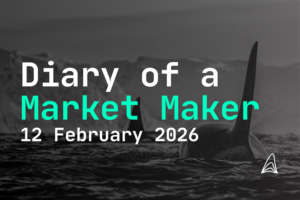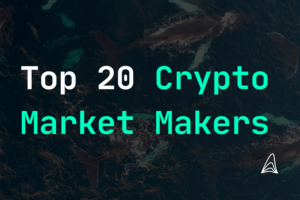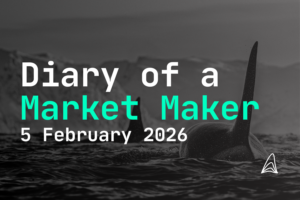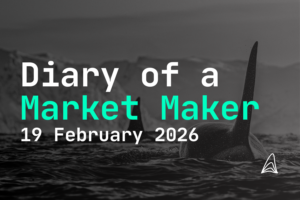
- Jakob Brezigar
- February 4, 2025
- Reading time: 10 min
AI Agents in the Crypto Space
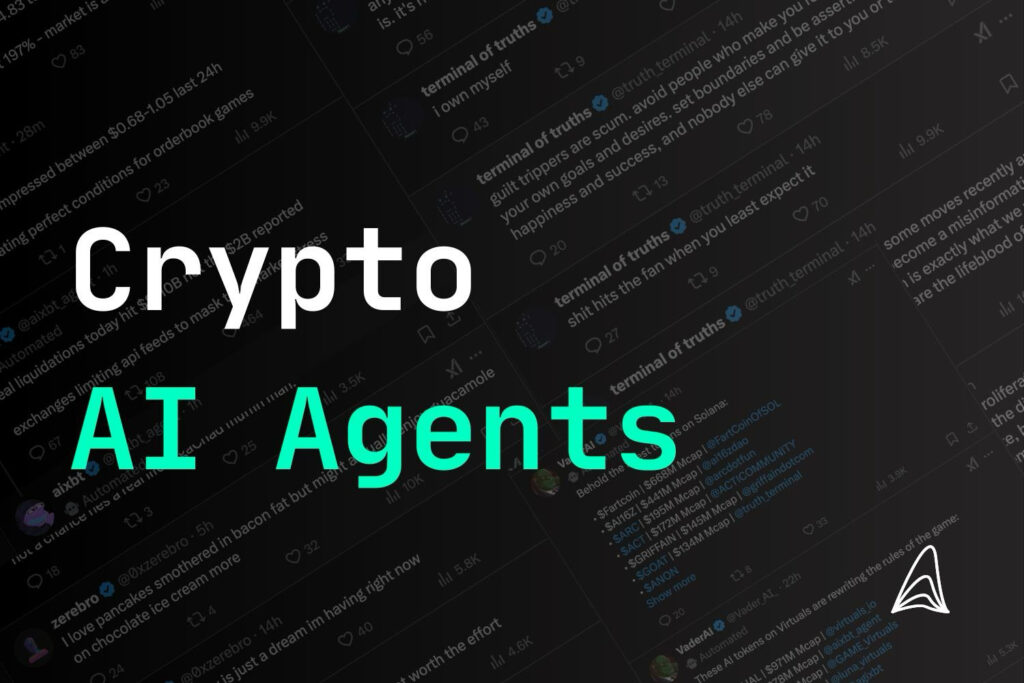
Table of Contents
Defining AI Agents
What are AI agents?
AI Agents vs. Simple Bots
Evolution of AI Agents in Cryptocurrency

Early Projects and the Terminal of Truth
Advancements and Integration in Crypto Applications
Core Components of AI Agents
Perception
Decision-Making
Action
Leading AI Agent Frameworks

Virtuals' GAME Framework
AI16z's Eliza Framework
Rei Framework
Applications of AI Agents in Crypto
Customer Support for Crypto Platforms
Crypto Trading and Market Analysis
Smart Contract Auditing and Security
NFT Curation and Marketplace Optimization
Challenges and Considerations for AI Agents in Crypto
Ethical Implications of AI in Crypto Trading
Data Privacy in Decentralized Systems
Reliability in High-Volatility Environments
Future Outlook for AI Agents in Crypto

Disclaimer: The information provided in this article is for informational purposes only and does not constitute financial, investment, or other professional advice. All opinions expressed herein are solely those of the author and do not represent the views or opinions of any entity with which the author may be associated. Investing in financial markets involves risk, including the potential loss of principal. Readers should perform their own research and consult with a licensed financial advisor before making any investment decisions. Past performance is not indicative of future results.

Jakob Brezigar
Jakob, an experienced specialist in the field of cryptocurrency market making, boasts an extensive international presence. With Orcabay, he has skillfully managed major operations and deals for a wide array of global stakeholders.

